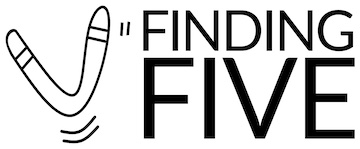
Sponsored by
Platinum Sponsor(s): Acoustical Society of America
Gold Sponsor(s): Psychonomic Society and FindingFive
Gold Sponsor(s): Psychonomic Society and FindingFive
Welcome!
The Auditory Perception & Cognition Society (APCS) is an international, non-profit organization dedicated to facilitating research on auditory cognition, perception, and aurally guided action. APCS fosters activities that bring together senior and young scientists from around the world and from various theoretical perspectives. It supports the Auditory Perception, Cognition, and Action Meeting (APCAM) and the Auditory Perception & Cognition (AP&C) journal. The APCS bylaws provide additional information about the organization of the society.




